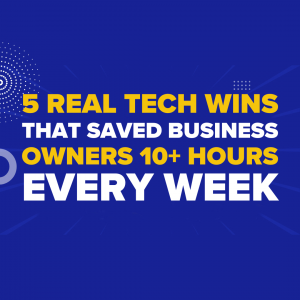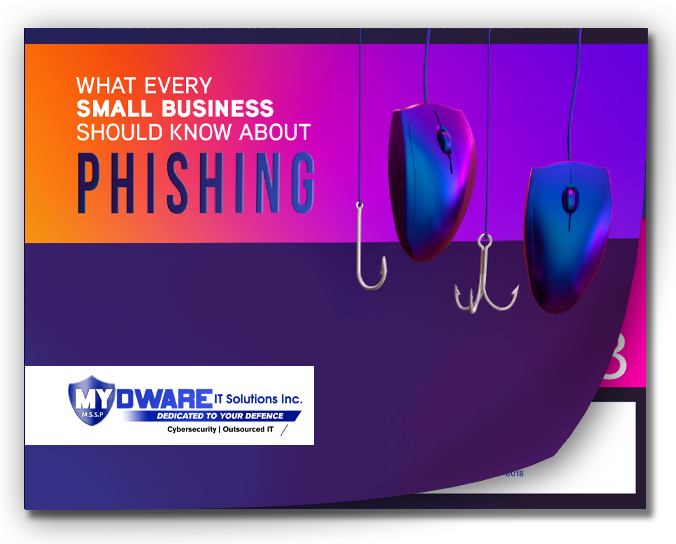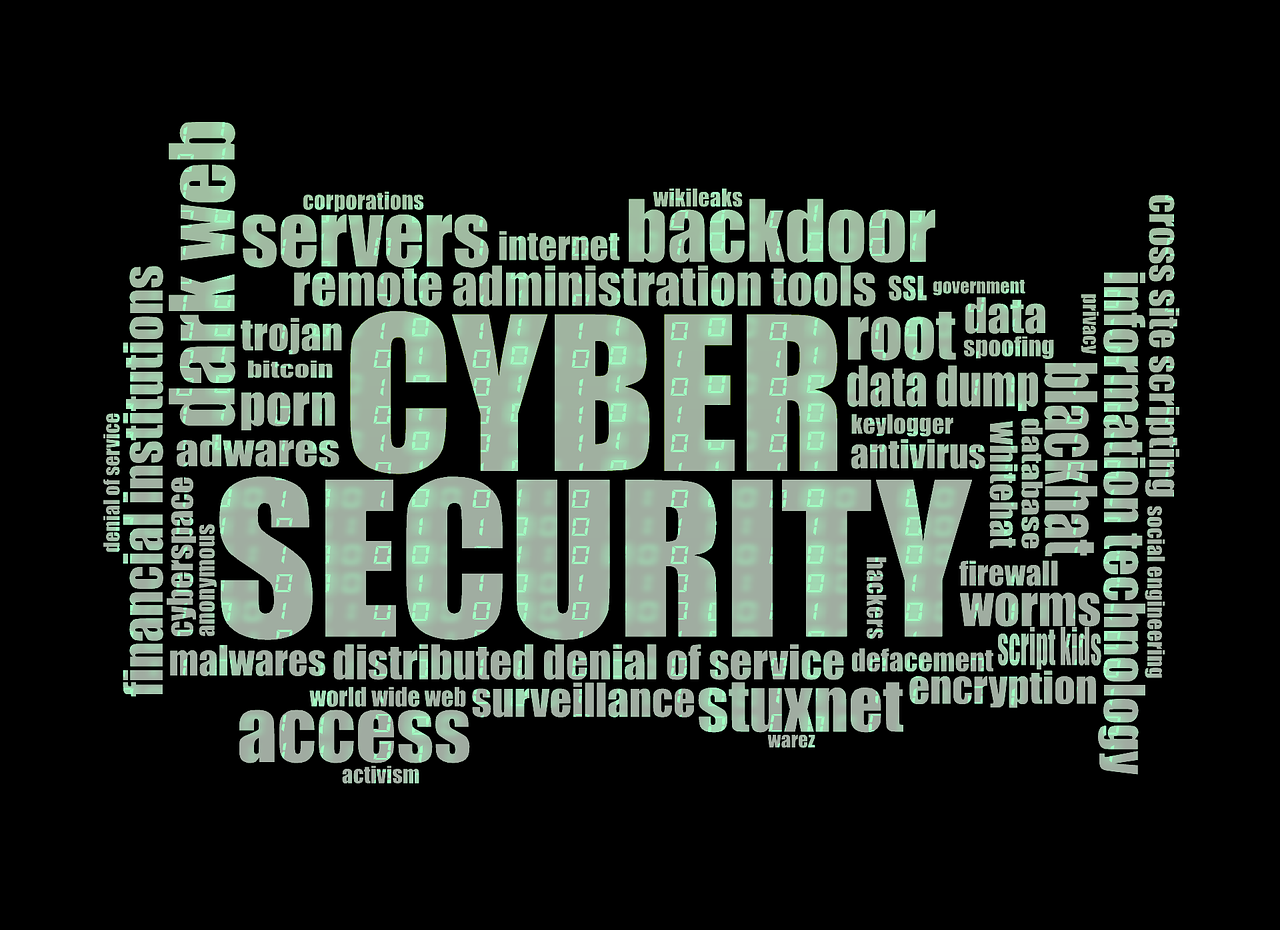 Every year, business owners are bombarded with “must-have” apps and tech fads that promise to change everything. Most of them? Distractions. But 2025 brought a few real wins — practical tools that saved time, cut costs, and made everyday work smoother for small businesses across the GTA and Simcoe County.
Every year, business owners are bombarded with “must-have” apps and tech fads that promise to change everything. Most of them? Distractions. But 2025 brought a few real wins — practical tools that saved time, cut costs, and made everyday work smoother for small businesses across the GTA and Simcoe County.
And if you want to make sure your tech setup supports your growth instead of slowing you down, book a FREE cybersecurity risk assessment today.
1. Automated Reminders That Got Businesses Paid Faster
Cash flow headaches hit every small business at some point, but 2025 made it easier to take control. Tools like QuickBooks and Xero now let you automate polite invoice reminders, ensuring clients pay on time without awkward follow-ups. One small tweak — automating reminders — cut late payments by up to 40% for many business owners.
Instead of chasing payments manually, owners could focus on sales, client service, and strategy. No more “just following up” emails, no more wasted Fridays.
Want more insights into why protecting your revenue flow also means protecting your data? Check out Why Data Security Is Crucial for Business Continuity.
2. AI That Took the Busywork Off Your Plate
Artificial Intelligence finally became useful — not just hype. Tools like Microsoft Copilot, ChatGPT, and Grammarly helped business owners summarize reports, draft proposals, and even respond to client emails in seconds. AI isn’t replacing people — it’s amplifying productivity.
One recent survey found that over 75% of Canadian SMBs using AI reported saving up to 10 hours a week in administrative work. That’s more time for strategy and clients, less for paperwork. Learn how AI can simplify your workday in The 7 Reasons Why Everyone’s Turning to Microsoft Copilot.
3. Small Cybersecurity Tweaks That Made a Huge Difference
No one wants to think about cybersecurity until it’s too late. But this year, small tweaks like enabling multifactor authentication (MFA) and using password managers became game-changers.
MFA blocks 99% of unauthorized login attempts — and it takes just minutes to enable.
With automated backups, secure browsers, and updated software, businesses finally started seeing cybersecurity as a daily habit, not a one-time fix.
Learn how to lock down your systems with Microsoft Edge Settings Made Simpler.
4. Cloud Tools That Truly Delivered “Work From Anywhere”
Cloud storage finally worked the way it was supposed to. Google Drive, Dropbox, and Microsoft 365 made it easy to access proposals, invoices, and client files on any device — whether at the office, home, or a job site.
The cloud became less about convenience and more about business continuity.
From contractors approving change orders on-site to consultants sharing presentations in cafés, work became flexible, fast, and friction-free.
5. Communication Platforms That Cut Through the Noise
Let’s face it — email fatigue is real. That’s why tools like Microsoft Teams and Slack became essential this year. Instead of 47-message email chains, teams had instant chats, file-sharing, and clear project threads. Real-time messaging kept teams aligned without the inbox overload.
In fact, Microsoft Teams’ latest productivity update boosted collaboration efficiency by over 300% — see how in The Trending Teams Update That Boosts Productivity by 372%.
Smart Tech = Simpler Business
The best technology doesn’t just look good — it solves real problems. 2025 proved that tech doesn’t need to be complicated to be effective. The biggest wins came from automation, AI, and simple cybersecurity habits that made everyday business smoother and safer.
Before you plan for 2026, take a look at what actually moved the needle this year.
And if you’re unsure which tools are worth keeping (and which ones are just hype), book your FREE cybersecurity risk assessment today. Let’s make 2026 the year your tech actually works for you — not against you.
Darryl Cresswell
CEO & President
MYDWARE IT Solutions Inc.




